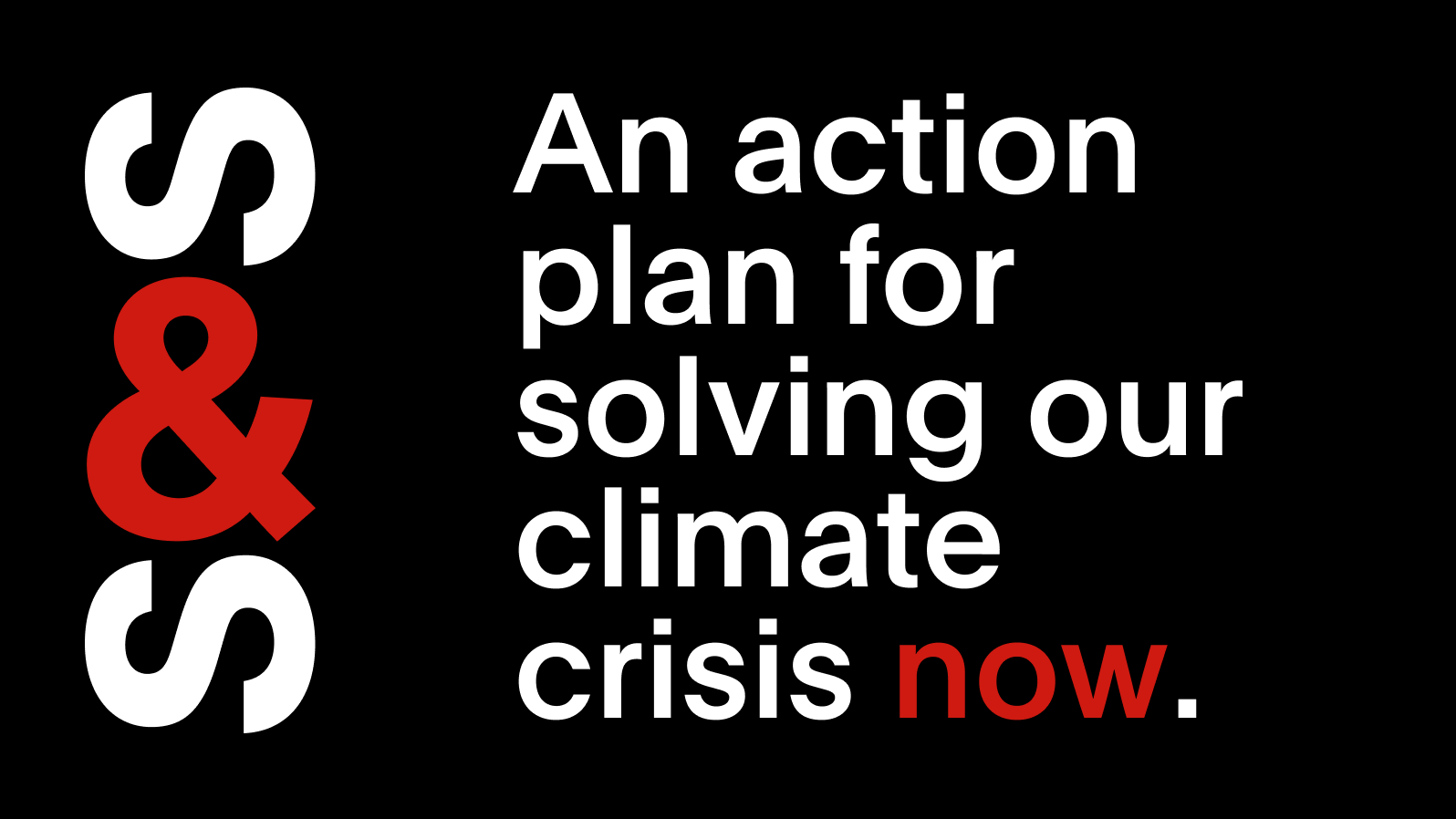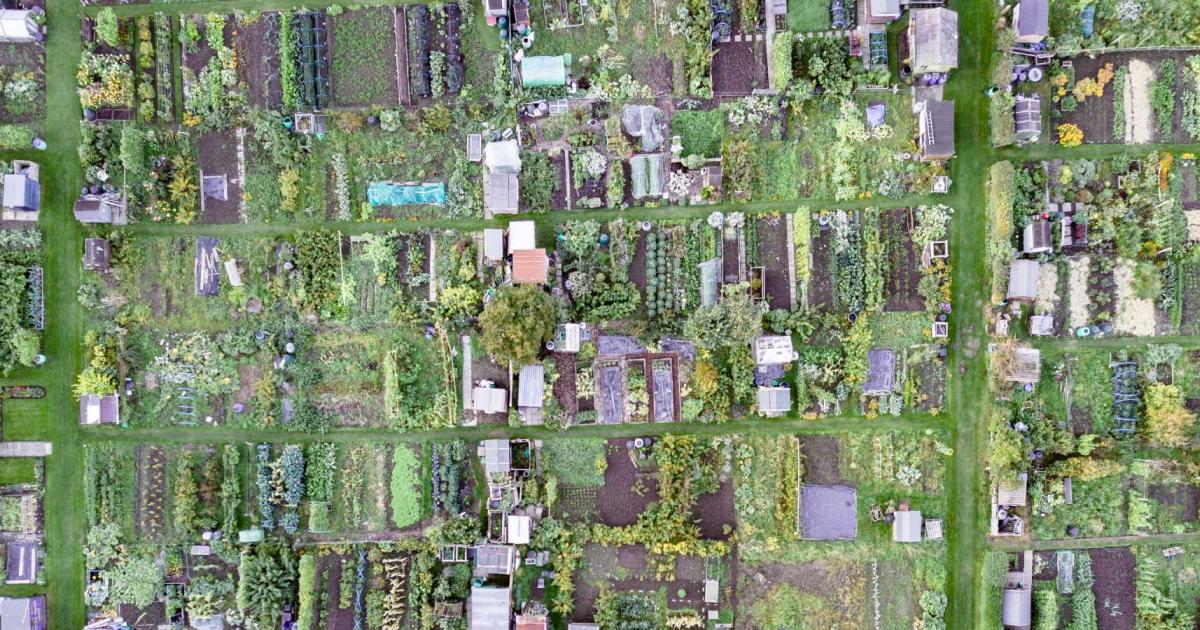- Green Era
- Posts
- Which US Cities Are Taking Climate Action?
Which US Cities Are Taking Climate Action?
Taking a look at the Philadelphia Climate Action Playbook

Welcome to Green Era, a newsletter about climate change and its solutions, from someone trying to make sense of it all.
How's your first week of summer going? I plan on biking more and finding a new pickleball squad to team up with. What are you up to this summer?
Recommended Climate Media:
Speed and Scale, by John Doerr
I just finished this book on climate solutions. It's a high-level look at all the various ways to achieve net zero, written by a venture investor with a penchant for picking high-growth companies.
My favorite part of the book focuses on interviews with entrepreneurs who stuck with their respective markets, regardless of economic or market pressure (ex: Beyond Meat before alternative meat consumption was a thing).
The website is actually quite good as well. I recommend checking it out.
Project Drawdown - Solutions Page
An updating list of climate solutions based on projected emissions impact globally. There are some solutions out there I'd never considered - bamboo production, system of rice intensification, high-performance glass, among others.
Topic of the week:
The City of Philadelphia Climate Action Plan - Is it attainable?

I'm interested in learning about larger climate coordination efforts between cities and organizations. I stumbled upon the C40 Cities, a global network of mayors taking urgent action to confront the climate crisis. There are 14 major US cities in the list, including Philadelphia. Through this research I discovered the City of Philadelphia Climate Action Plan and was surprised to see the amount of work addressing the climate crisis that they've already started.
To be clear, I'm writing about the city of Philadelphia because I just moved here. But more importantly, Philly is a good example of seeing climate efforts at scale.
Considering that Philadelphia is the 2nd poorest among the top 20 US cities, with a declining population and a myriad of problems (re: drug abuse, escalating violence, among others), I was surprised to read that they created a climate action plan in the first place. If Philly can implement a plan like this focusing on both climate and equity, then I don't see why other cities across the US couldn't do the same.
I then researched some of the other cities in the C40 list and found that there are a lot of climate action plans in the works. However, let's focus on Philly real quick.

Philly's Schuylkill river flooding in 2021
For starters, the city sits between two rivers and has its fair share of natural disasters - hurricanes, flooding, etc. In terms of disastrous climate scenarios, the city is not at the elevated risk level like the cities of Miami (flooding) or Los Angeles (droughts).
These types of reports (ESG, CSR, etc.) tend to be full of fluff, or marketing materials for stakeholders. For this reason, I want to focus on the activities that the city has already implemented - real-world, measurable results.
Jumping into the climate action plan, we see that the information presented isn't new, but summarizes Philly's recent commitments to climate, project time frames, co-benefits, and areas of improvement. In fact, most of the plans laid out were written pre-pandemic in 2019.
The plan is broken down into three sections:
Reducing carbon pollution (emissions)
Utilizing nature as a solution
Adapting to a changing climate

Example of reducing emissions from buildings and industry
Each section contains a matrix for climate actions, further broken into co-benefits like equity, health, environment, and economy.
Within these sections, the writers lay out the economic consequences if plans aren't implemented, and go on to discuss tactics to ensure Philly can handle the worst impacts of climate change.
Of the actions already implemented, we share a few highlights:
Building Energy Performance Policy
Philly is one of 25 cities apart of the Bloomberg American Cities Climate Challenge, an initiative to help cities meet their carbon reduction commitments
The Building Energy Performance Policy, passed into law in 2018, mandates all non-residential buildings 50,000 square feet and larger to submit certifications of high-energy performance or to update existing building systems
The policy is estimated to cut carbon by 200,000 mT
Indego Bike Network
Similar to Citi Bikes in NYC, Philly implemented a city-wide bike program called Indego designed to cut car pollution, city noise, and help low-income communities
As of 2022, Indego has expanded to 130 stations, 1,400 bikes, with 2.6 million trips taken
The program has one of the highest rates of participation among communities of color and low-income of all bike programs in the U.S.
TreePhilly
Since 2011, PPR’s TreePhilly program has given away more than 22,000 free trees for city residents
Considering that trees provide a lot of co-benefits - filter groundwater, provide shading, contribute to carbon removal, etc. - it's great to see "renaturing" as a solution for adapting to the climate
These are just a few highlights of the Climate Action Plan that the City of Philadelphia is implementing.
Personally, I'd like to see more data on how industrial sectors of the city are decarbonizing, in addition to how the grid PJM grid is handling demand response.

Electric grid of greater Philadelphia and the Mid Atlantic
Additionally, the city fails to cover the topic of carbon removal from industry and commercial buildings (though nascent and expensive at current rates).
With a dwindling budget and constrained resources focused on reducing violence and lifting up low-income communities, most of the tactics in the plan have yet to be implemented.
Let's hope that they can meet these serious reduction targets by 2050.

City of Philadelphia GHG reduction goals
That's all I've got for this week. Find anything interesting? Want me to go deeper into a topic? Reply to this email with your feedback!
Thanks, Matt from Green Era

